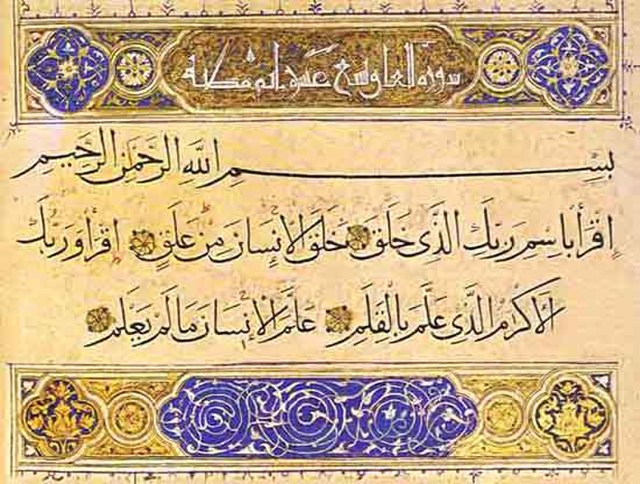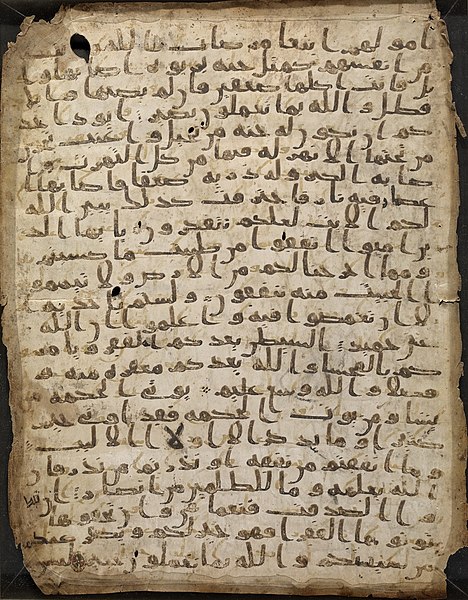Infinite photos and videos for every Wiki article ·
Find something interesting to watch in seconds
Celebrities
Wonders of Nature
World Banknotes
Great Museums
British Monarchs
Great Cities
Supercars
Countries of the World
Crown Jewels
Orders and Medals
Sports
Animals
Great Artists
Tallest Buildings
Recovered Treasures
Famous Castles
Best Campuses
Wars and Battles
Ancient Marvels
Richest US Counties
Largest Empires
Largest Palaces
Rare Coins
Presidents
Kings of France
History by Country
more top lists




